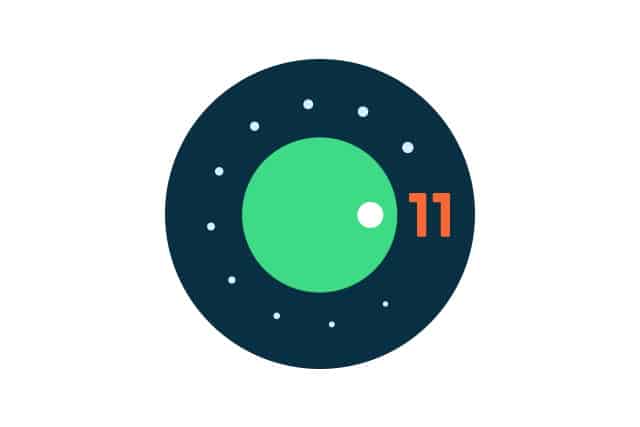Google unleashes Android 11 for developers to play with

Turning it all the way up to 11, Google today launched the Developer Preview of Android 11 -- or Android R, if you prefer. For now, the preview build is only compatible with Pixel devices (no surprises there), but what can you expect to see?
Google has chosen to put privacy and security front and center in Android 11, giving users more control and transparency. The company also says that it has added things such as enhancements for foldables and 5G, call-screening APIs, new media and camera capabilities, and machine learning.
See also:
- Google lets Android 11 Developer Preview page slip online
- Google may have shared your videos with strangers
- Google is shutting down its App Maker tool
At the moment, Android 11 is only available for testing on Pixel 2, 3, 3a and 4 devices and Google hasn't been generous enough to provide screenshots of the latest version of its mobile OS. In a lengthy blog post, however, the company is happy to talk a great deal about what you can look forward to in the upcoming operating system.
There is a focus on 5G-centric features, as well as support for new screen types. Google also promises that Android 11 will offer "deeper conversational experiences":
- Dedicated conversations section in the notification shade -- users can instantly find their ongoing conversations with people in their favorite apps.
- Bubbles -- Bubbles are a way to keep conversations in view and accessible while multi-tasking on their phones. Messaging and chat apps should use the Bubbles API on notifications to enable this in Android 11.
- Insert images into notification replies -- if your app supports image copy/paste, you can now let users insert assets directly into notification inline replies to enable richer communication as well as in the app itself. As part of DP1 - you’ll see image copy support in Chrome and image paste support via Gboard clipboard.
In terms of privacy, there's a new one-time permission option. Google explains: "For the most sensitive types of data -- not just location but also for the device microphone and camera -- users can now grant temporary access through a one-time permission. This permission means that apps can access the data until the user moves away from the app, and they must then request permission again for the next access".
Google also talks about improvements to "polish and quality", and also highlights changes that will "minimize the impact of platform updates":
- Minimizing the impact of behavior changes -- While changes we make to Android can make the OS more helpful, secure, and better performing, some of these changes can affect developers’ apps. As we built Android 11, we made a conscious effort to minimize behavioral changes that could affect apps by closely reviewing their impact and by making them opt-in, wherever possible, until you set targetSdkVersion to Android 11 in your app. We hope this gives developers more control, and leads to more apps working out-of-the-box on Android 11.
- Easier testing and debugging -- To help you test for compatibility, we’ve made many of the breaking changes toggleable -- meaning that you can force-enable or disable the changes individually from Developer options or adb. With this change, there’s no longer a need to change targetSdkVersion or recompile your app for basic testing. Check out the details here.
- Updated greylists -- We’ve updated the lists of restricted non-SDK interfaces, and as always your feedback and requests for public API equivalents are welcome.
- Dynamic resource loader -- As part of their migration away from non-SDK interfaces, developers asked us for a public API to load resources and assets dynamically at runtime. We’ve now added a Resource Loader framework in Android 11, and thank you to the developers who gave us this input!
- New platform stability milestone -- Developers also told us that preparing for early app compatibility was a challenge without a clear date for final changes. So in Android 11 we’re adding a new release milestone called "Platform Stability", which we expect to reach in early June. This milestone includes not only final SDK/NDK APIs, but also final internal APIs and system behaviors that may affect apps. We hope you can use this new milestone to plan your final development and testing. More on the release timeline is here.
You can read more -- much more -- about what Google has already crammed into Android 11, and what it has planned, here.
If you're a developer -- or if you're feeling brave and curious -- you can get started with Android 11 here. It's worth noting that this is a very, very early preview, and there are numerous limitations and known issues.
